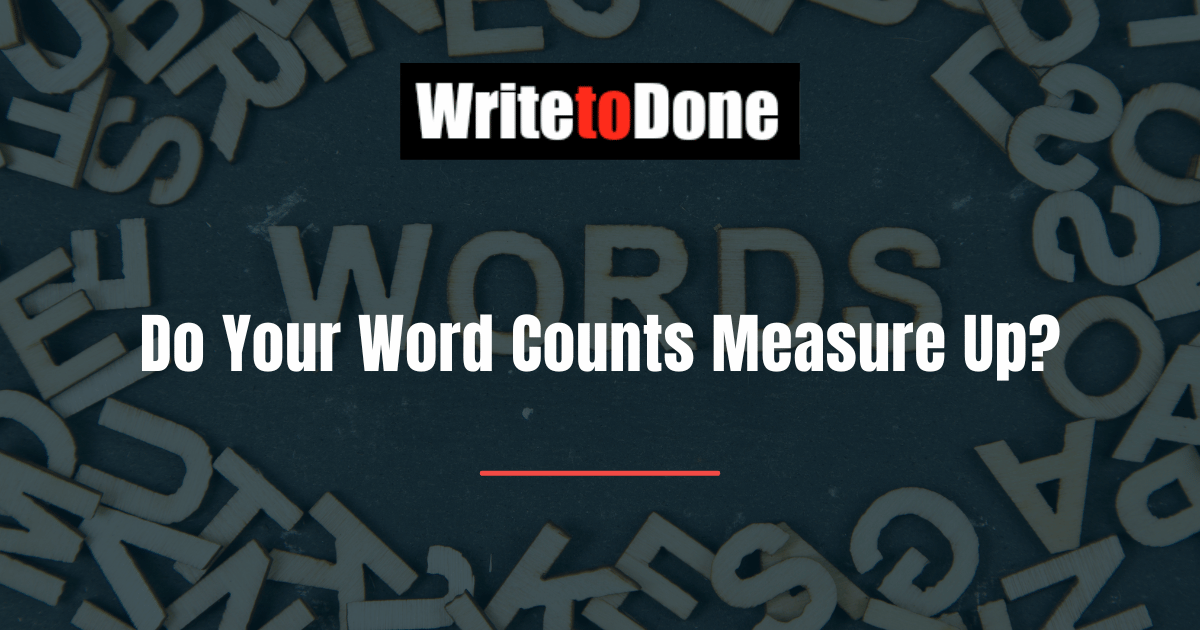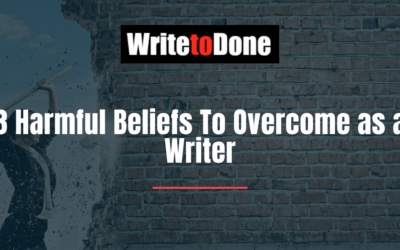Setting a goal to write so many words a day (as Stephen King and many other writers do) can work for you, but only when you’re generating new material.
That might seem obvious, but keep in mind, there are six stages in the creative process and in only one of those six stages do you have your fingers on the keyboard or pen on the page.
Trying to hit a word-count goal when in you’re in any of the other five stages will be an exercise in frustration. It’s more effective to keep track of how much time you give your writing when you’re in these five stages.
The most effective things to do during your writing time depends on which of the six stages you’re in.
Stage 1: First Insight
In this stage, you’re looking for your next writing project or the next phase of a larger project. You wonder “what if, how about, why not…”
This is when you should be reading widely to see what grabs your attention, completing an Interest Inventory, freewriting, clustering, mind mapping, and using other brainstorming methods.
Notice that even when you’re freewriting, you’re not drafting the actual piece yet and not likely to produce significant word counts, so this is not that one stage in six to use word counts.
Stage 2: Saturation
In this research stage you seek as much information as you can about the topic, characters, setting, etc.
You read, interview people and use search engines, questionnaires, surveys, field research, etc.
This stage is much more about input than output, so word counts aren’t much use here.
Stage 3: Incubation
After you’ve gathered so much information, your conscious mind won’t be able to make sense of it for awhile. Your main job is to keep your conscious mind occupied with some small thing so your unconscious is free to search for new associations and connections.
Hazards of Incubation
Patience is essential during Incubation; cracking the egg open early to see what’s happening inside only kills the chick.
If you don’t understand what Incubation is and what to do to move through it, this stage can be very frustrating. You might think you’re blocked, even though this is a natural part of the creative process.
Unfortunately, if you don’t know how to get through this stage and expect to measure your progress with word counts, you can actually create a block.
There isn’t much point in taking in any more information and you won’t be ready to write until you move through the next stage, Illumination.
You might take a walk or a nap, freewrite questions and answers, try to explain the problem to someone else, cluster, brainstorm, doodle, or get your body busy.
Stage 4: Illumination
This flash of insight that follows Incubation is everyone’s favorite stage. In this “A-ha” or “Eureka” moment, everything fits together.
Because this is typically a brief stage, you probably won’t have time to do more than jot a few notes or draw a quick cluster or mind-map.
You’re still not doing the kind of drafting that makes counting words a practical tool yet.
Stage 5: Verification
Finally, you’ve arrived in the stage where you’re drafting and generating new material. Now you can effectively use word counts.
This is the stage where you make something tangible out of the insight you received in Illumination, something that can be shared with others.
You’ll draft, revise, rewrite, edit, proofread, ask for feedback, read out loud, etc. But don’t try to draft and revise at the same time. Letting your early drafts be imperfect approximations of what you’re trying to write is really the most effective approach.
Repeat Stages 1 – 5
Drafting and revising in Verification often raise new questions and lead you back to First Insight. You might go through the first five stages just once for a short piece; you’ll repeat the first five stages many times to complete a large writing project.
Sometimes after completing a writing project, you move into a kind of limbo where you’re not sure what to work on next and don’t have enough creative energy to move into First Insight. This is the Hibernation stage.
Stage 6: Hibernation
During this the fallow time, your primary task is to recharge your batteries and restore your creative energy.
Like Incubation, this stage is often mistaken for writer’s block, but is a natural part of the creative process that needs to be respected. Like Saturation, this is a stage about input, not output.
You need to do whatever renews your creative spirit. Look at beautiful images or art. Listen to beautiful music. Be in beautiful natural spaces. Garden, walk, sit by a lake or river, rest, wait.
Give yourself time to just be; it’s the only way you can fill yourself up and have something to share again.
As your creative energy returns, you’ll start wondering “what if, why not, how about…” and other open-ended questions that will funnel you back to First Insight.
Your Stage
What stage are you in now? Are you doing the tasks that fit that stage or creating unnecessary frustration trying to count words in any stage other than Verification?
A guest post by Rosanne Bane. She writes Bane Of Your Resistance and teaches at the Loft Literary Center in Minneapolis. Her new book, Around the Writer’s Block: Using Brain Science to Solve Writer’s Resistance will be available in August.

















